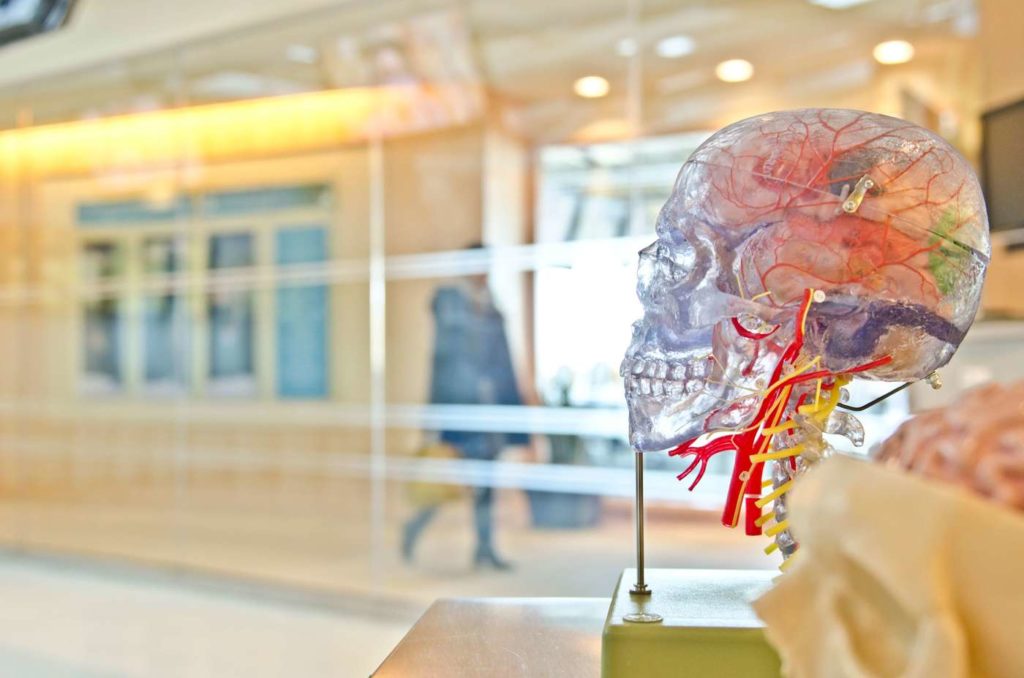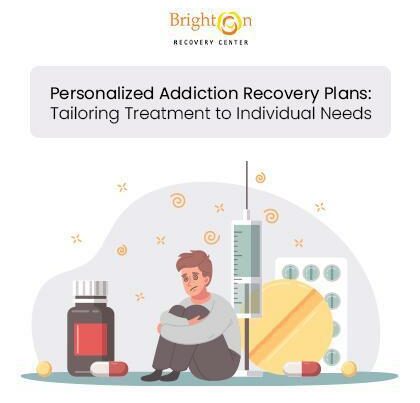6 Long-Term Effects of Addiction on Your Brain
Drug addiction, abuse, and alcoholism change your life quickly. As the emotional and physical dependency on drugs or alcohol evolves, a strong desire to use the drug more frequently takes over. The extent of vulnerability to the drug addiction depends on a broad variety of factors, such as genetics, physical and mental health, and the environment.
Effects of Drugs and Alcohol Abuse
Various drugs affect the body differently, but they all chemically alter the brain. The effects vary, depending on how the brain processes the chemicals contained in the drug. The brain controls perceptions and dictates individualized effects of drug abuse. What you smell, hear, taste, and feel depends on what your brain communicates to your body. Introducing chemicals into your body alters the chemical messengers in the brain, causing it to send mixed signals to your body. Chemicals can cause you to act, think, and see very differently than you normally would, which is how drug abuse affects you and the world around you. Six long-term effects of addiction on your brain include:
- Mood changes. A few early signs of alcohol or drug abuse are mood changes, such as uncontrollable depression, irritability, and anxiety.
- Behavioral problems. As addiction continues to take over, behavior problems, including hostility, excessive talking, intense aggression, and unrealistic feelings of control and power begin to emerge.
- Physical symptoms. Addiction to drugs and alcohol can result in blurred vision, nausea, headaches, decreased appetite, and an irregular heartbeat.
- Heart disease. One of the serious effects of drug and alcohol abuse on the heart include an alarming spike in blood pressure that can produce a heart attack or stroke.
- Psychosis. The effects of long-term drug and alcohol abuse can lead to permanent brain damage. The result is neurological disorders such as hypochondria, delusions, hallucinations, and paranoia.
- Coma or death. Severe abuse or addiction of alcohol or drugs can result in a person overdosing and slipping into a coma. It may also lead to death.
Abuse of and addiction to drugs and alcohol cause many other life-altering changes. It affects your health, and can negatively impact your personal life. If you want to make a change for the better in your life or someone you care about, then take the steps to end the addiction cycle now. The long-term effects of drug abuse on the brain are very dangerous, which is why so many people choose to seek addiction treatment for themselves or those they love. Contact us at Brighton Recovery Center for more information about starting the journey to recovery now.




